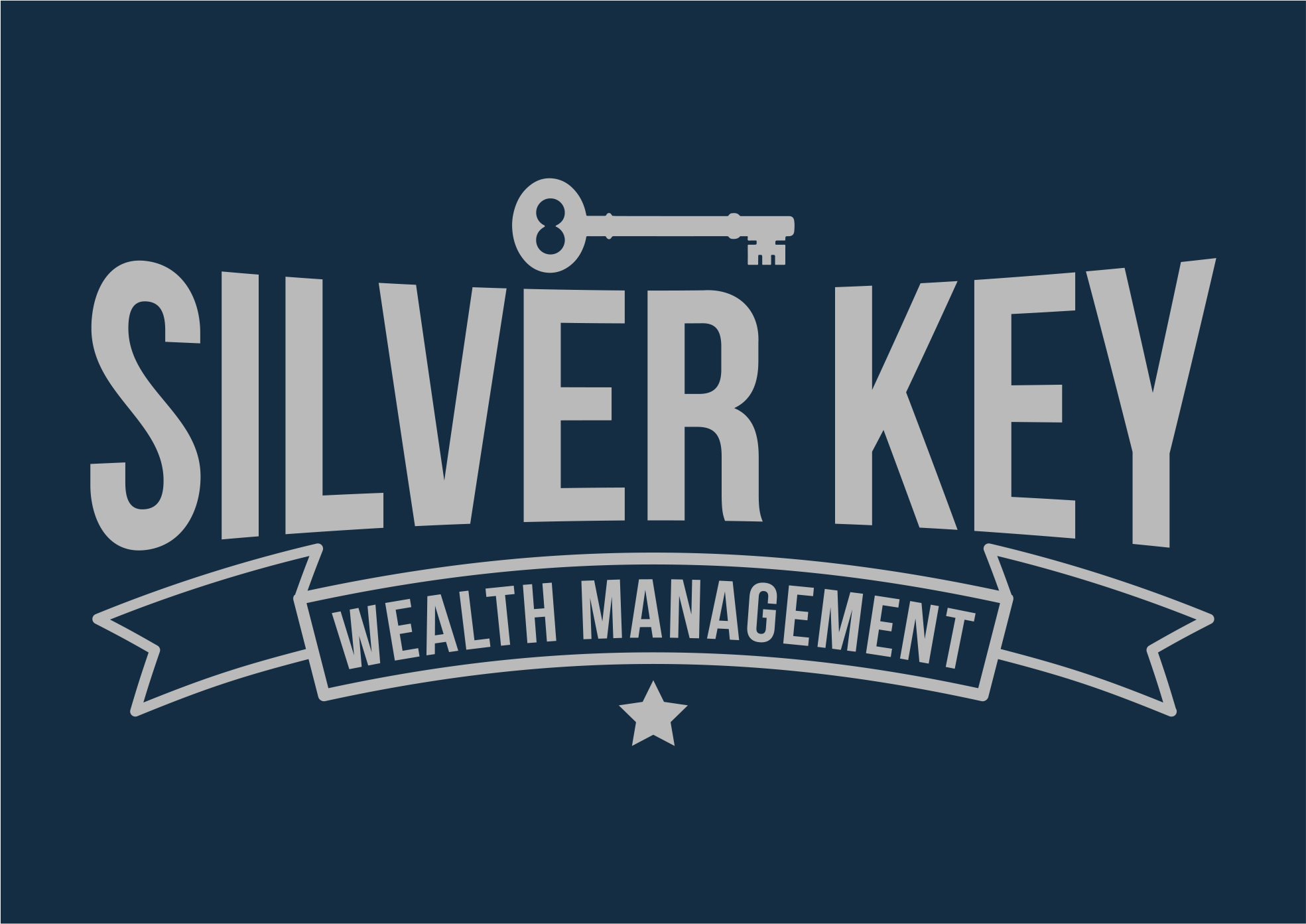Your credit is one of your most valuable financial assets. It affects your ability to get loans, secure housing, and even land a job. Protecting your credit isn’t just about maintaining a high score, it’s about safeguarding your financial future. Here’s how you can take control of your credit and keep it secure.
1. Monitor Your Credit Regularly
One of the most effective ways to protect your credit is to keep a close eye on it. You can check your credit reports for free once a year at AnnualCreditReport.com. Reviewing your report helps you spot errors, fraudulent activity, or unauthorized accounts. Many credit card issuers and banks also offer free credit monitoring services that alert you to changes in your credit report.
What to Look For:
* Incorrect personal information
* Accounts you don’t recognize
* Unexpected credit inquiries
* Late payments you didn’t make
If you notice anything suspicious, report it to the credit bureau immediately.
2. Protect Your Personal Information
Identity theft is one of the biggest threats to your credit. Criminals can use stolen personal information to open accounts in your name, rack up debt, and ruin your credit score. Here’s how to keep your information secure:
* Use strong passwords for financial accounts and update them regularly.
* Enable two-factor authentication (2FA) for extra security.
* Shred sensitive documents before discarding them.
* Be cautious with personal information. Don’t share Social Security numbers, account numbers, or other sensitive details unless absolutely necessary.
* Watch out for phishing scams. Don’t click on suspicious links or provide personal information to unsolicited requests.
3. Freeze or Lock Your Credit When Necessary
A credit freeze prevents lenders from accessing your credit report, making it harder for identity thieves to open accounts in your name. It’s free to place and lift a freeze with the three major credit bureaus (Experian, Equifax, and TransUnion). A credit lock is similar but may come with a fee, depending on the provider.
When to Freeze Your Credit:
*If your personal information has been exposed in a data breach
*If you suspect identity theft
*If you don’t plan on applying for new credit soon
4. Keep Credit Utilization Low
Credit utilization (the percentage of your available credit that you’re using)affects your credit score. A high utilization rate can make you look risky to lenders. Aim to keep your credit utilization below 30% of your total available credit.
How to Lower Your Utilization:
Pay down balances before your statement closes
Request a credit limit increase (but don’t increase spending)
Use multiple credit cards strategically
5. Pay Bills on Time, Every Time
Payment history is the biggest factor in your credit score. Even one missed payment can hurt your credit significantly. Set up automatic payments or calendar reminders to ensure you never miss a due date.
Pro Tip:
If you do miss a payment, pay it as soon as possible and call the creditor to see if they will remove the late mark from your report.
6. Be Careful with New Credit Applications
Every time you apply for credit, a hard inquiry is recorded on your credit report, which can slightly lower your score. Too many hard inquiries in a short time can make you look risky to lenders.
How to Apply Wisely:
* Only apply for new credit when necessary
* Check if you pre-qualify before applying
* Avoid opening multiple accounts at once
7. Use Credit Responsibly
Having credit is important, but how you use it determines your financial health. Avoid maxing out credit cards, making impulsive purchases, or carrying high balances. Good credit habits will help you maintain a strong score and financial stability.
Final Thoughts
Protecting your credit requires vigilance, but small steps can make a big difference. By monitoring your credit, safeguarding your personal information, and practicing responsible credit use, you can keep your financial future secure.
Sharon L. Herman AAMS, ADPA is the CEO and financial advisor at Silver Key Wealth Management, and affiliated with LPL Financial. www.silverkeywealth.com
The opinions expressed in this material do not necessarily reflect the views of LPL Financial.
Securities offered through LPL Financial, Member FINRA/SIPC. Investment advice offered through Silver Key Wealth Management, an independent investment advisor. Silver Key Wealth Management is separate entity from LPL financial.
Ms. Herman may only discuss and/or conduct transact securities business with residents of AR, CA, CO, DC, FL, GA, IN, MD, MI, NC, NH, NJ, NM, NY, OR, SC, TX, VA, WV. www.finra.org www.sipc.org
